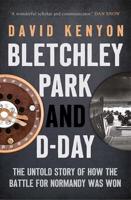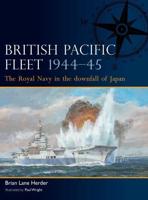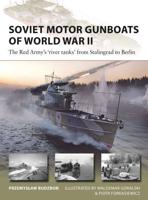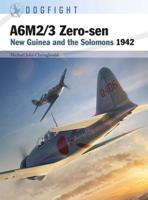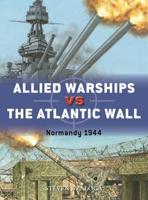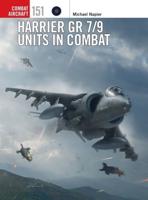Publisher's Synopsis
No. 457 Squadron was formed at Baginton in England on 16 June 1941. Equipped with Supermarine Spitfire fighter aircraft the squadron completed its training and began flying operational patrols from the Isle of Man in August. These patrols did not result in any contact with German aircraft and the Squadron partially served as an operational training unit supplying Spitfire pilots to other squadrons. In March 1942 the Squadron moved to Redhill Airfield in Surrey and began flying shipping protection patrols and fighter sweeps over northern France. The Squadron continued in this role until May when it was withdrawn from operations ahead of being deployed to Australia. No. 457 Squadron departed Britain in June 1942 and arrived in Australia in August. Although the Squadron reassembled at RAAF Base Richmond in September it did not receive replacement Spitfires until November. In January 1943 No. 457 Squadron arrived in Darwin where it formed part of No. 1 Wing RAAF which was tasked with defending the town from Japanese air attacks. The Squadron participated in a number of air battles over Darwin during the first half of 1943 and claimed its first victory in the Pacific Theatre on 7 March 1943. Japanese air activity over northern Australia was rare from late July 1943, however, and the Squadron saw little combat until it commenced ground attack operations over the Netherlands East Indies in April 1944. In February 1945 No. 457 Squadron moved to Morotai Island where it continued in the ground attack role as part of the Australian First Tactical Air Force. The Squadron was redeployed to Labuan Island off Borneo in June where it took part in the later stages of the Borneo Campaign. Following the end of the war No. 457 Squadron was disbanded at Labuan on 7 November 1945. The story of this unit, the first ever published on this Australian unit, is narrated in 88 pages with appendices comprising the claim list, operational and accidental losses. The pilots'roster gives the war service of all the 194 pilots (175 Australians, 9 British, 5 Canadians, 4 New Zealanders and 1 Newfoundlander) who had been posted or attached to the unit between 1941 and 1945.


